
Penske Media sues Google for AI "stealing" content and causing traffic loss.
The 'war' between Google and the media
The lawsuit brought by news conglomerate Penske Media has set off a landmark legal showdown that has exposed simmering tensions between tech giants and the media industry.
This is not just a single case, but an important test of intellectual property rights, the value of content, and the business model of journalism in the age of artificial intelligence.
Penske Media claims that the summaries generated by AI Overview have reduced traffic to its websites, severely affecting advertising revenue and user traffic.
The company, which has 120 million online visits per month, says about 20% of Google searches that lead to its pages now show “AI Overviews.” Penske Media predicts that this will continue to rise, and estimates that affiliate revenue will fall by more than a third from its peak by the end of 2024.
This is an alarming figure, showing the direct and clear negative impact of new technology on traditional business models.
Penske Media: "Google Is Dominating the Market"
Google could have nearly 90% of the search market in the US, according to a federal court ruling last year. That gives it near-absolute power.
Penske Media argues that Google is using this power to force publishers to accept having their content used for AI summaries. Failure to comply could result in their sites being “pushed down” in search results, further reducing their traffic.
“We have a responsibility to proactively fight for the future of digital media and protect its integrity, all of which is threatened by Google’s current actions,” said Jay Penske, head of Penske Media.
The lawsuit is not simply a claim for economic damages, but also a strong statement about intellectual property rights and the survival of the journalism industry in a rapidly changing technological landscape.
Google's response
For its part, Google has denied these allegations, arguing that “AI Overviews” provide a better user experience and in fact help distribute traffic to more websites.
Google claims that AI makes search more useful, encourages users to use it more, and thereby creates new opportunities for content to be discovered .
However, this argument does not convince publishers, who have suffered real revenue losses.
Reuters in its post shows that the media companies' dissatisfaction does not stop at this lawsuit. Ms. Danielle Coffey, CEO of the News/Media Alliance (a trade association representing more than 2,200 publishers in the US), said that Google's market power has made it unnecessary for them to comply with the rules that other AI companies are following.
While companies like OpenAI (developer of ChatGPT) have been aggressive in signing licensing deals with major publishers like News Corp, Financial Times, and The Atlantic to use their content, Google has been slow to do so.
The core problem, Ms. Coffey argues, is not AI but Google’s monopoly power. When a company is so large and powerful that it can “ignore healthy norms,” that’s when problems arise.
Penske Media's lawsuit shows that publishers are losing patience and are willing to use legal tools to protect their rights.
The legal event could set an important legal precedent for the future relationship between tech companies and content providers. It will force US courts to take a serious look at the value of journalism, intellectual property rights, and the need for a level playing field in the age of AI.
Should AI companies eventually have to pay for the content they use to train and run their systems? That’s the big question those pursuing the lawsuit want to answer.
Source: https://tuoitre.vn/bao-my-kien-google-to-ai-overviews-hut-luot-truy-cap-20250915192719678.htm



![[Photo] Prime Minister Pham Minh Chinh receives Minister of Foreign Affairs and Cooperation of Timor-Leste](https://vphoto.vietnam.vn/thumb/1200x675/vietnam/resource/IMAGE/2025/9/16/b0e99fd9a05846e4b6948c785d51d51f)
![[Photo] General Secretary To Lam receives Assistant to the President of Russia, Chairman of the Federal Maritime Council of Russia Nicolai Patrushev](https://vphoto.vietnam.vn/thumb/1200x675/vietnam/resource/IMAGE/2025/9/16/813bd944b92d4b14b04b6f9e2ef4109b)

![[Photo] General Secretary To Lam attends the National Conference to disseminate and implement 4 Resolutions of the Politburo](https://vphoto.vietnam.vn/thumb/1200x675/vietnam/resource/IMAGE/2025/9/16/70c6a8ceb60a4f72a0cacf436c1a6b54)

![[Photo] National conference to disseminate and implement 4 Resolutions of the Politburo](https://vphoto.vietnam.vn/thumb/1200x675/vietnam/resource/IMAGE/2025/9/16/5996b8d8466e41558c7abaa7a749f0e6)









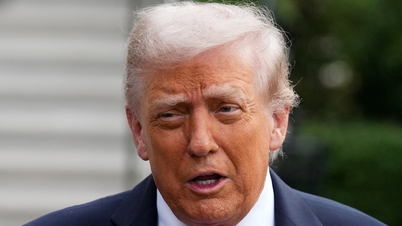






















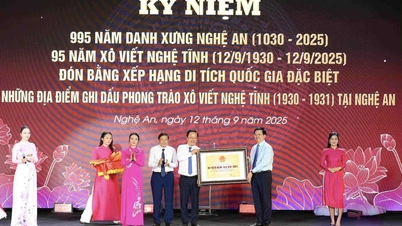






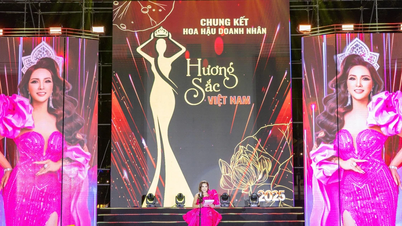









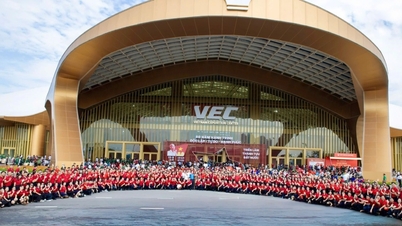





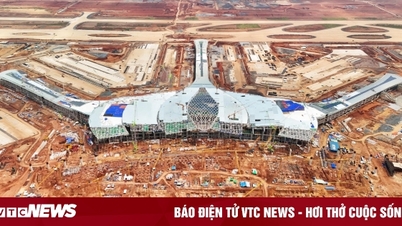





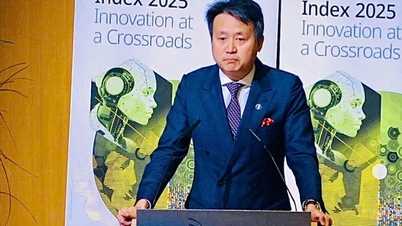




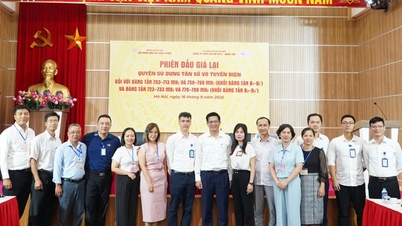









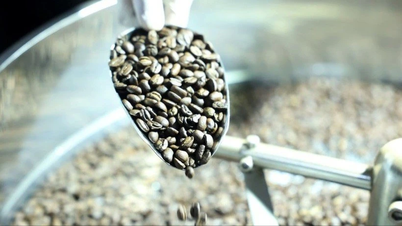
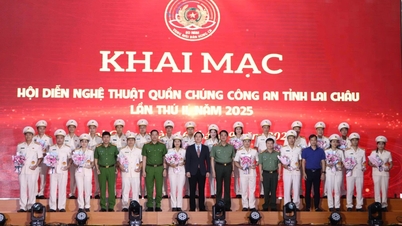
















Comment (0)